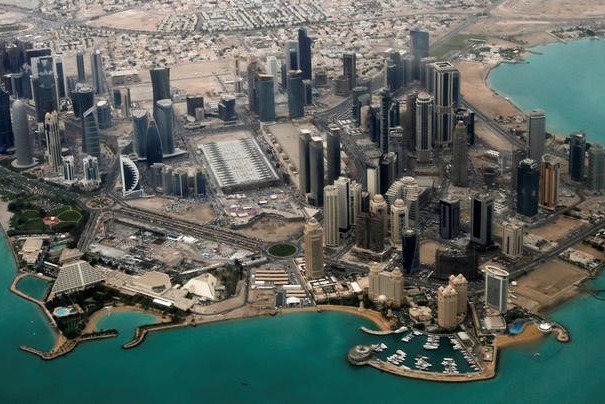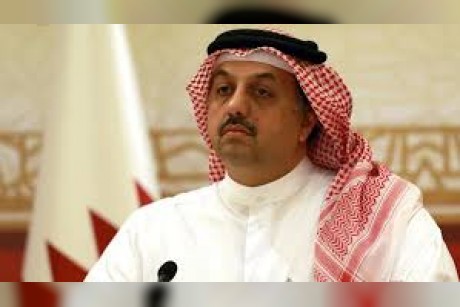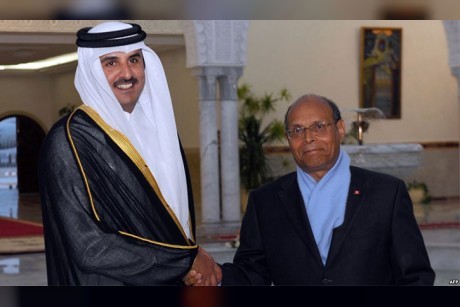In June last year and days before Saudi Arabia, the United Arab Emirates, Qatar and Bahrain announced their decision to sever ties with Qatar, US President Donald Trump said that he had agreed with his secretary of state and military commanders on the need for Doha to cut its terrorism funding. “It is time to call on Qatar to stop supporting terrorism,” he said at the time.
This was the first time that a US president had openly, firmly and directly called out an ally. For the past 11 months, Doha tried hard to find a solution to its historic crisis. Its foreign minister toured the globe four times. It created several crises, spread countless rumors, paid billions of dollars in arms deals that exceed its capacity, resorted to Turkish forces and allied with the world’s pariah, Iran. It thought it could fool Washington.
Qatar and terrorism funding
In the end, it turned and turned, and came back to where it started: A state-sponsor of terrorism.
This was revealed by Britain’s Sunday Telegraph paper over the weekend. The US administration had called on Qatar to stop funding pro-Iran militias after it uncovered evidence that showed Doha had cooperated with terrorist groups in the Middle East.
It backed this claim by releasing several emails between senior Qatari government officials and leaders from groups such as Hezbollah and top Iran Revolutionary Guards members. The never before released messages revealed that senior Qatari government officials enjoy strong ties with prominent Guards officials, such as Qassem Soleimani, and with Hezbollah, such as its chief Hassan Nasrallah.
The Telegraph also reported that Doha had paid millions of dollars, possibly even a billion, as part of a ransom to release hostages held by Shiite militias in Iraq! Isn’t this exactly what the four Arab countries said a year ago?
The US’s call on Qatar to review its ties with terrorist groups means that the Doha government had wasted a whole year, through stalling and denial, to discover that it had complicated its crisis much more than it was in June last year.
US's firm stance The truth is that Doha is aware of the US president’s stance on Iran. It is also aware of his hardline position on supporting terrorist groups. At the same time, it could not abandon its policy of contradictions that it has been adopting for two decades. It has, however, overlooked the fact that its behavior now infringes on US interests and that the period of the US administration turning a blind eye to Qatar’s contradictions is over.
One email, which was intercepted by foreign governments, said that a senior Qatari official had paid 50 million pounds to Soleimani in April 2017, reported the British newspaper. He had also paid 25 million pounds to an Iraqi Shiite terrorist group that is accused of killing dozens of American soldiers in southern Iraq.
This is clear documented evidence that Iran had used Doha in financing its militias, which are at the root of suffering in the region. This is why when the four countries announced their Doha boycott last year, they were aware that the road would be long in correcting Qatar’s policies and veering it off the course of supporting terrorism in all of its forms.
The most dangerous kind of terror is the one taking place under a state umbrella. Here we have Qatar, whose options have become limited after its policy of supporting terrorism tied a noose around its neck.
The Qatari government now has no option but to comply with US demands, which seem serious in isolating Doha and stopping all forms of terrorism backing.



